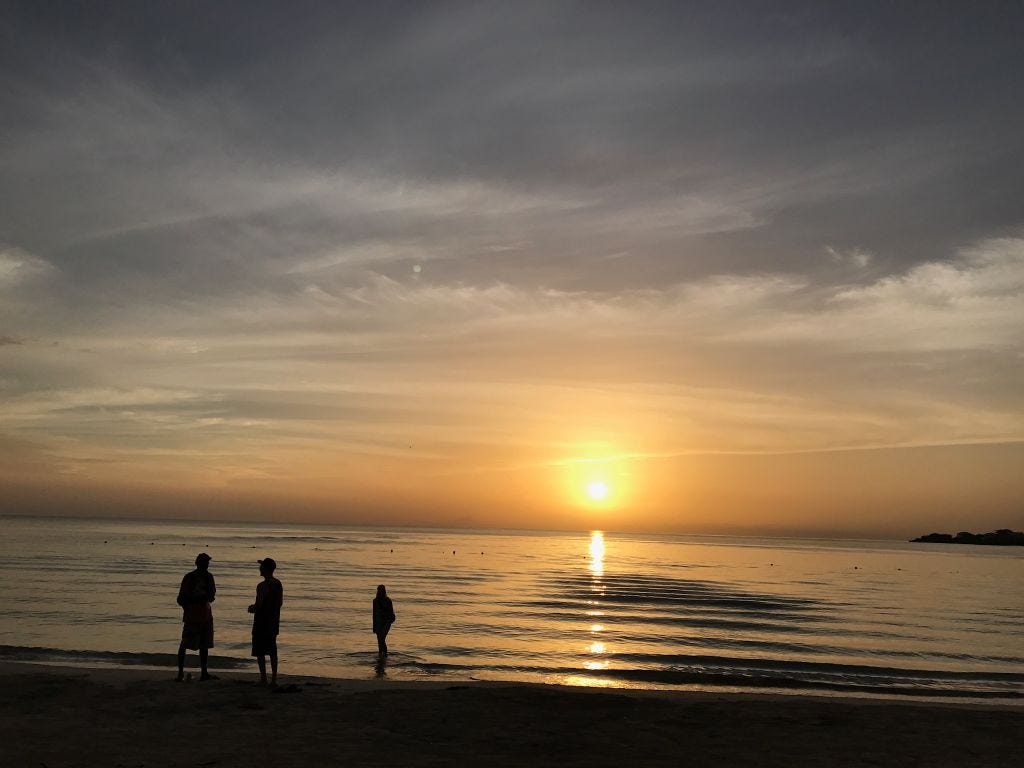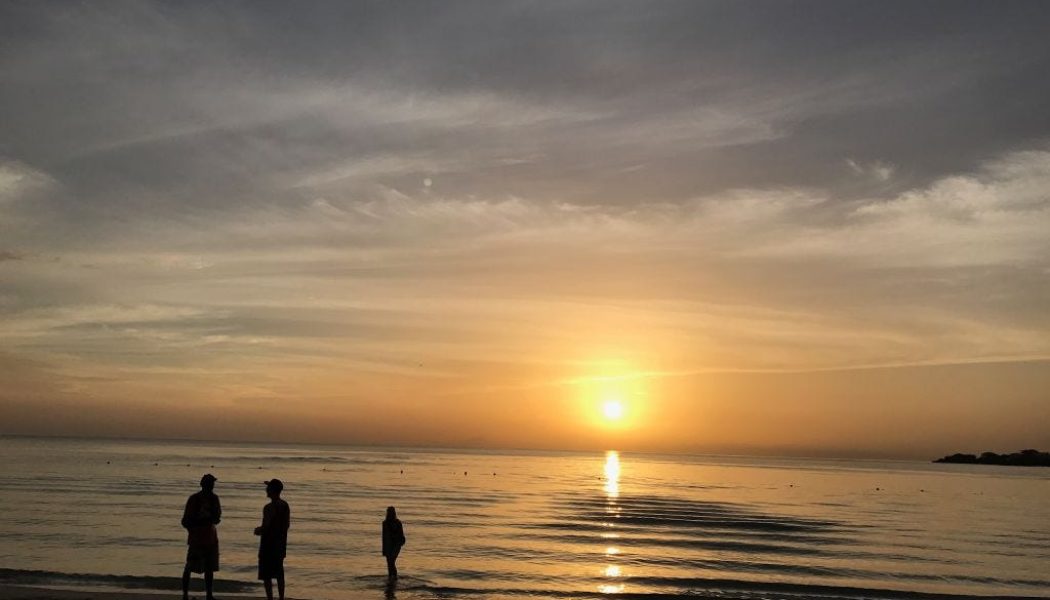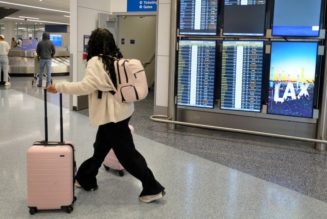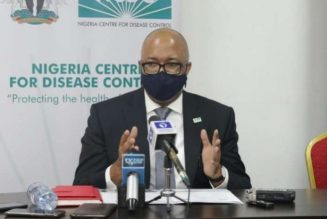
The State Department is urging Americans to “reconsider travel” to Jamaica and Colombia due to crime and, in Colombia’s case, terrorism.
The department regularly assesses risks for Americans abroad and had previously issued travel advisories for both Colombia and Jamaica, but reissued them with fresh updates.
“Violent crimes, such as home invasions, armed robberies, sexual assaults, and homicides, are common. Sexual assaults occur frequently, including at all-inclusive resorts,” the State Department says in its level 3 travel advisory for Jamaica.
The State Department similarly warns of “widespread” violent crimes in Colombia, including homicide, assault and armed robbery and in some places, kidnapping and extortion. Additionally, terrorist and criminal organizations may attack public areas like airports, hotels and restaurants without warning, and due to civil unrest, “demonstrations occur regularly throughout the country” and “protests can become violent and can result in fatalities and injuries.”
“The U.S. Department of State has no higher priority than the safety and security of U.S. citizens overseas,” a State Department spokesperson said. “We take seriously our commitment to provide U.S. citizens with clear, timely, and reliable information about every country in the world so they can make informed travel decisions.”
Here’s what travelers should know about visiting Colombia and Jamaica.
Not everyone wants to come to the US: Gun violence, safety concerns keeping international travelers away
Why is there a travel warning to Jamaica?
The biggest risk factor is crime, but the response to crime is also important to note.
“Local police do not respond effectively to serious criminal incidents,” according to the State Department. “When arrests are made, cases are infrequently prosecuted to a conclusive sentence. Families of U.S. citizens killed in accidents or homicides frequently wait a year or more for final death certificates to be issued by Jamaican authorities.”
The State Department adds that emergency services and hospital care vary widely across Jamaica and U.S. government personnel are not allowed to travel to many areas due to increased risk, meaning travelers have limited resources if something goes awry.
Is Mexico travel safe? What to know about visiting Cabo, Cancun, Playa del Carmen and more
Is it safe to travel to Colombia currently?
For now, the State Department is encouraging Americans to reconsider visiting Colombia in general due to crime, terrorism and civil unrest.
There are however specific parts of the country Americans are urged to avoid. The State Department says “do not travel” to Arauca, Cauca and Norte de Santander Departments, where violent crime is widespread, terrorist groups can be active and “the U.S. government has limited ability to provide emergency services to U.S. citizens as U.S. government-personnel travel to these areas is severely restricted due to security concerns.” Popular tourist spots are located in Bogotá and Medellín, which are several hours away from the highlighted states by car.
Americans are also urged to avoid the border area between Colombia and Venezuela, which in many places is not clearly marked and where U.S. citizens risk being detained and charged with terrorism and other crimes.
How to travel like a spy: CIA tips to stay safe on vacation
What should you do before traveling to Jamaica or Colombia?
Travelers who decide to visit Jamaica, Colombia or any country with safety risks are urged to enroll in the State Department’s free Smart Travel Enrollment Program, read the destination’s Country Security Report, prepare contingency plans for emergencies, be aware of their surroundings, keep a low profile, and follow the State Department on Facebook and Twitter for updates.
Additional destination-specific tips are available online through the State Department’s Bureau of Consular Affairs.









